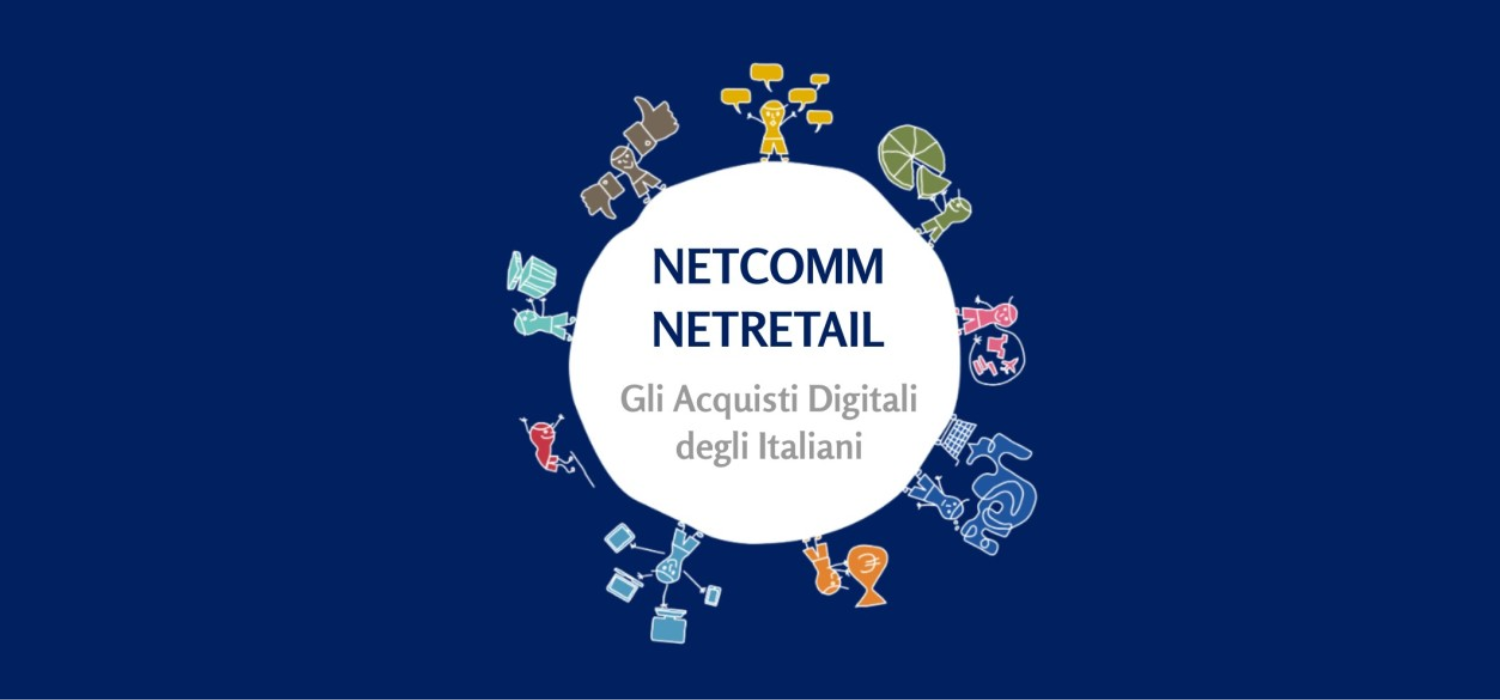The boom in eCommerce, which we also had the opportunity to discuss with Valentina Pontiggia, Director of the B2C eCommerce and Digital Innovation in Retail Observatories at the Politecnico di Milano, is not only reflected in an increase in online sales, but also in the emergence of new sales channels.
An overview of online businesses
Suffice it to say that already in 2019, i.e. well before the pandemic that offered a further reason for the development of eCommerce sales channels, the Business Registry reported a 20% increase over 2018 in the number of companies present online, for a total of almost 7,000 companies registered with an ATECO code relating to e-commerce. In March 2020, the Unioncamere survey indicated more than 23 thousand companies registered with an ATECO code dedicated to online sales, a figure that according to the Casaleggio Associati eCommerce Report translated into 12% of Italian companies operating in e-commerce, but there are many more shops active in e-commerce in Italy, also considering the shops present online with a VAT number than physical retail.
However, the 2022 edition of the Casaleggio Associati Report points to a further interesting fact: 67% of users purchased online from foreign sites and practically all of them purchased via marketplaces. 95% on Amazon, 46% on eBay (down from 52% the previous year) and 45% on Zalando. At the top of the list of the top 100 most popular Italian eCommerce sites we therefore find marketplaces that are investing everything in the service, while manufacturers that are starting to position themselves in the world of eCommerce represent 35% of the players in the ranking.
In other words, being present online is no longer a choice, but a necessity.
So what should you do if you decide to invest in the online sales channel?
As we described in our in-depth article on eCommerce technology integration, one of the first and most important choices to make concerns the Content Management System, or more commonly CMS, to be used for your online store.
What is a CMS
A CMS is software that helps users create and manage a website and its content.
Each CMS offers different solutions depending on one’s needs and requirements, e.g. the budget available, the type of products sold, the web skills of those who will manage the site and, finally, the size of one’s sales network.
The most popular CMSs
According to data released by HTTP Archive’s Web Almancac 2021, among all websites using a CMS, WordPress sites account for a large part of the relative market share, with over 75 per cent adoption, followed by Joomla, Drupal, Wix and Squarespace.
The most popular CMSs for eCommerce
According to surveys by buildwith.com updated to 13 June 2022, the solution preferred by Italians is WordPress in its version dedicated to online shops, i.e. WooCommerce, in the lead with a percentage of 34% over all other CMSs (although in sharp decline compared to last year: in April 2021 the percentage was 49%).
In reality, WooCommerce is not a real platform, but a plugin that allows the well-known blogging platform to be transformed into a real online store.
Again according to buildwith.com, Spotify follows among the most used CMSs, with 12%; PrestaShop, with 8%; Wiz Stores, with 7%; and finally the other CMSs, which together total a percentage of 12%.
How to choose the most suitable CMS
As mentioned above, there are many platforms for eCommerce and there is therefore no one better than another in general terms, but depending on one’s needs, there will be one that is able to respond better than others.
To make your life easier, we list below some of the most popular platforms with some indications as to what kind of needs they might meet.
- PrestaShop: cheap and suitable for those looking for a good starting point with a low investment;
- WooCommerce: suitable for those who already have a WordPress site;
- Shopify: among the most widely used hosted platforms in the world, suitable for both small and large companies;
- Magento: suitable for large companies with significant technical resources;
- BigCommerce: suitable for companies using a large number of third-party integrations;
- Big Cartel: suitable especially for small enterprises;
- Wix: suitable for those who want to create a design and modern eCommerce channel with essential functionality;
- OsCommerce: suitable for small stores that want to launch themselves into the online world.
How to integrate GEL Proximity software
If you have an online store built with a CMS and are thinking of integrating the GEL Proximity software to provide your customers with a better shopping experience, enabling them to take advantage of a Network of more than 30,000 Pick-up Points and Lockers throughout the country, know that there is good news: it’s very simple.
You can connect GEL Proximity by downloading the module from the marketplace of your eCommerce software. Find out more on the dedicated page, or contact us to get more information now.










